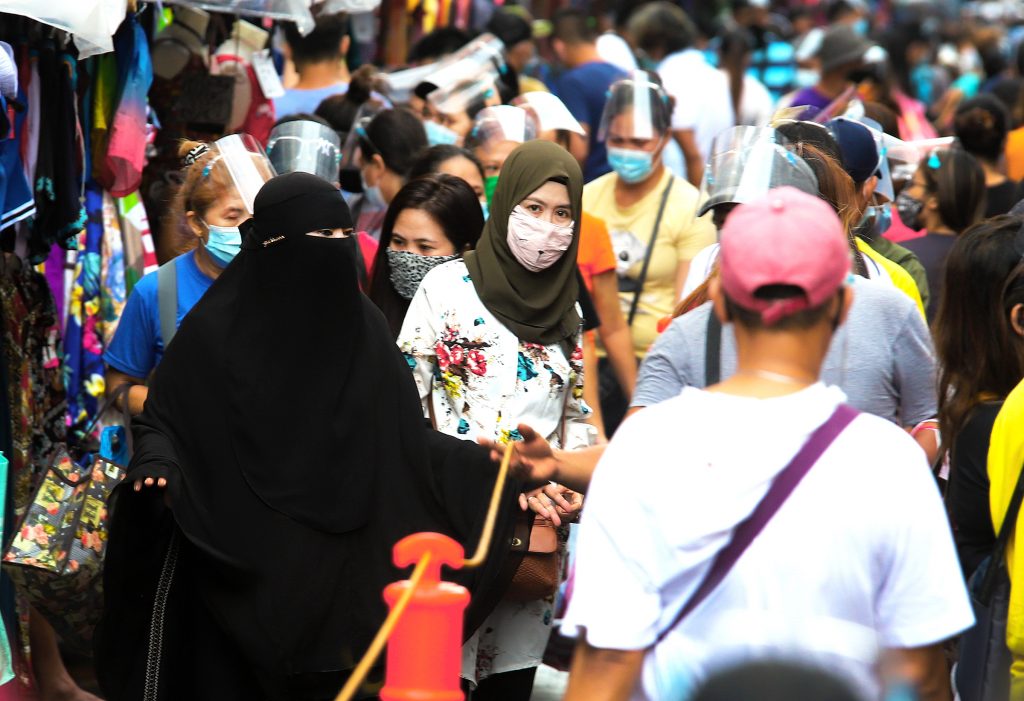
The Philippine economy rebounded stronger than expected in 2021 after a relaxation of COVID-19 rules fueled consumer spending and got more people back to work, officials said Thursday as they forecast a return to pre-pandemic growth this year.
Gross domestic product expanded 5.6 percent, the statistics agency said, after a 9.6 percent slump the previous year — the worst since World War II — was fueled by crippling lockdowns destroying millions of jobs and forcing people to stay home.
The latest reading beat the median forecast of 5.1 percent growth expected by analysts surveyed by Bloomberg.
The surprising performance was driven by a pick-up in consumer spending and construction in the second half of the year as restrictions eased and coronavirus infections fell.
“The door to our economic recovery is now fully open,” Socioeconomic Planning Secretary Karl Chua told a briefing.
“We are optimistic that we will not only recover to the pre-pandemic level in 2022, but achieve the upper middle income country status.”
Even factoring in the impact of Super Typhoon Rai, which devastated central and southern regions of the country in December and left hundreds of thousands homeless, the Philippines was “on track to rapid recovery,” Chua said.
The main risk to the outlook was the emergence of another variant of the virus, he added.
Chua said a change in the government’s response to COVID-19 — from widespread lockdowns to more granular measures — and increased vaccination and hospital capacity had enabled greater economic activity.
“Our efforts to safely reopen the economy allowed more Filipinos to work and earn their income,” he said.
The government tightened restrictions across the national capital region and other provinces in recent weeks as the hyper-contagious Omicron variant fuelled a record surge in infections.
Chua said the spike appears to be “of a very temporary nature” and played down the impact on the first-quarter.
“Growth is sustainable and we believe there is an opening for us to see a lower alert level in the coming weeks,” he said.
But Capital Economics Emerging Asia economist Alex Holmes warned the “overall recovery has a long way to go.”
“The economy will remain in catch-up mode throughout 2022,” he said in a research note.
More than 3.4 million infections have been recorded in the Philippines since the start of the pandemic, with more than 53,000 deaths.
Source: Licas Philippines
0 Comments